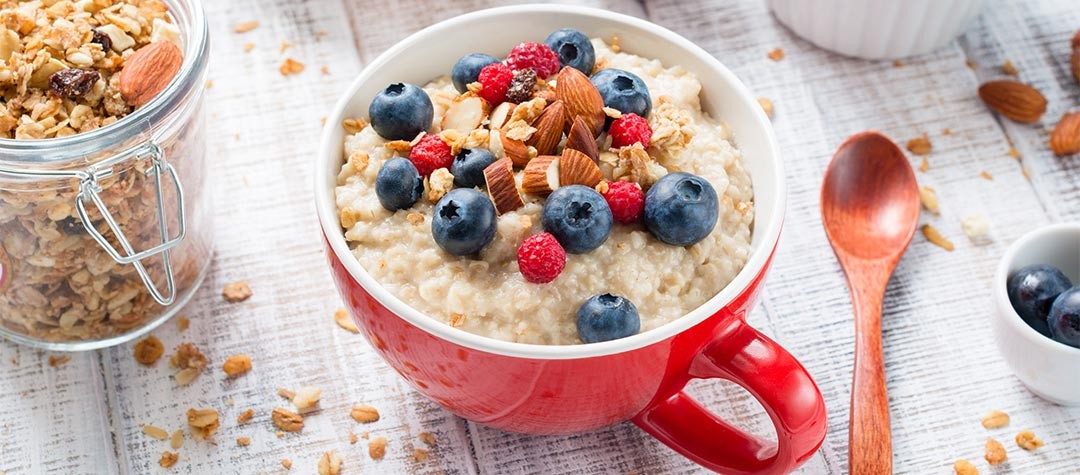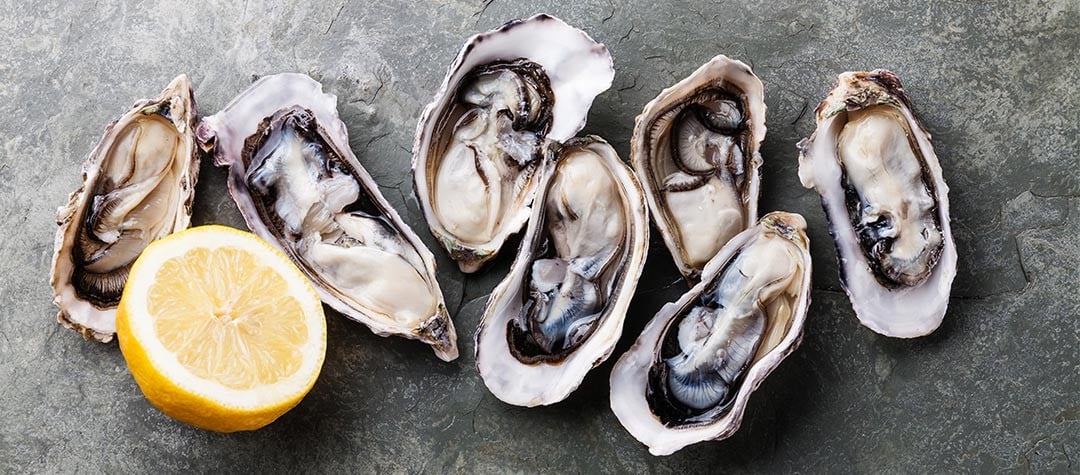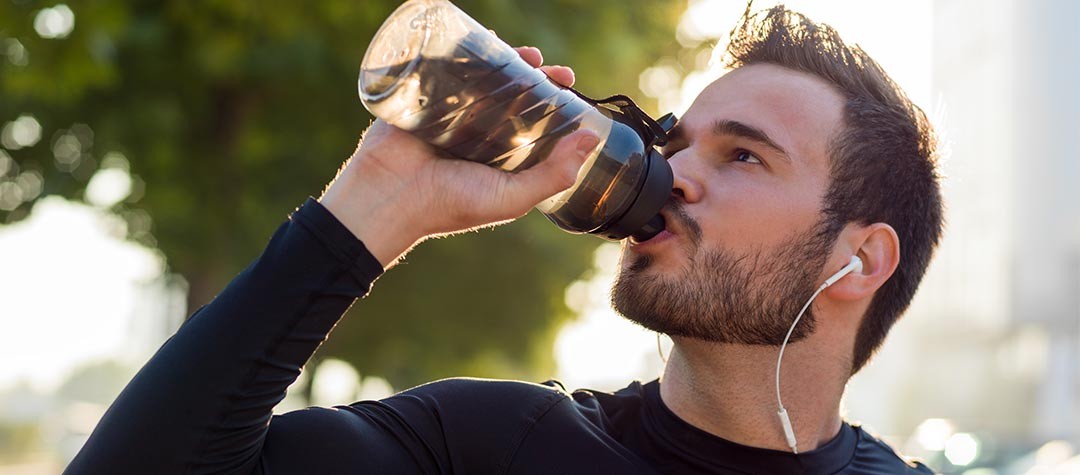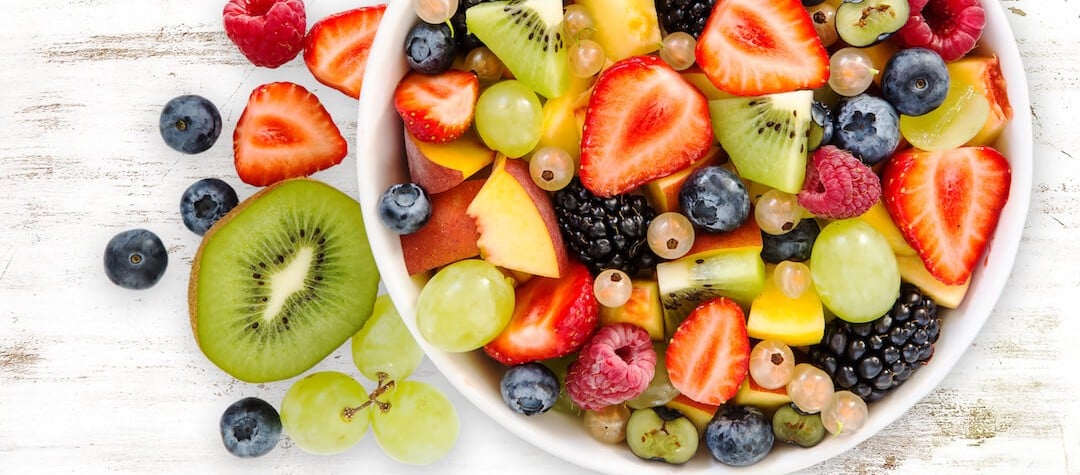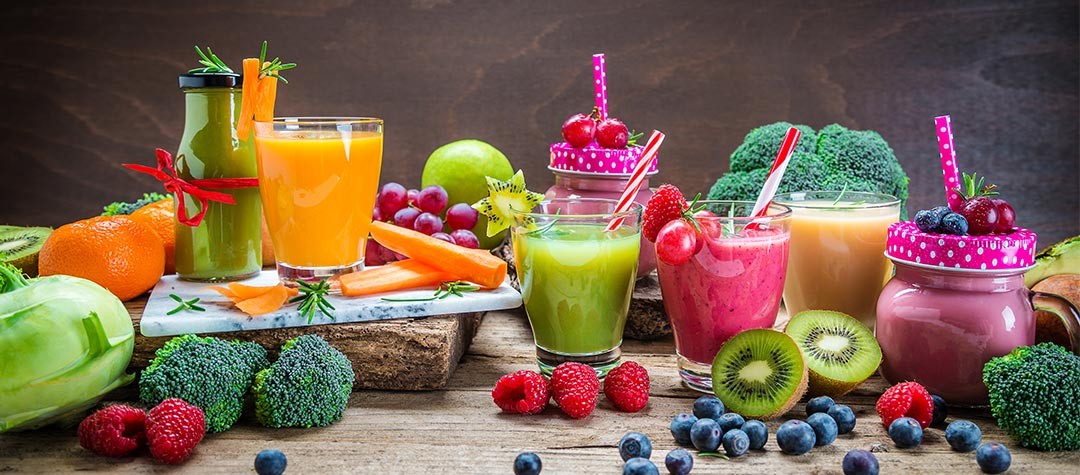Any elite athlete will testify, your training is only as good as the food that you use to fuel it. But knowing what is best to eat pre, post and during your workout can be essential to your performance and recovery.
Our diets have significant effects on our workouts and if not conducted properly, can have detrimental consequences to our health and fitness. It is therefore important to consider all factors that the food we eat can have on exercise, identifying the ideal diet plan to help utilise the benefits exercise can have.
Exercise is broadly broken down into two categories of training, cardiovascular and resistance training. Both exercises work effectively at producing the general aims of exercise, examples such as fitness or weight loss, but both exercises demand different elements from the body.
Generally cardio based exercises do what it says on the label, they engage the cardiovascular system by using oxygen to convert food into energy for movement. Weight or resistance training however, engage the muscles against a weight or force to increase strength and size. Using different systems of the body will inevitable require different nutrients and energy sources, provided for by your diet before , during and after exercise.
1. Before exercise
Poor nutrition can significantly impact your energy levels, making you feel lethargic and tired, hindering the full potential available from your workout. Despite what type of exercise, whether swimming, weightlifting or yoga, any workout requires the burning of fuel for energy, and without sufficient food, your body will be unable to perform efficiently. Fuelling is key for every form of exercise, though different forms of workout require different demands from the body and so it important to cater for these variances.
Before a cardiovascular session
Anyone that has exercised too early after eating will know how unsettling and uncomfortable it can be, that is why it is important to leave around two hours for substantial digestion to occur, particularly if exercising after a meal. As cardio can be quite an exhausting form of exercise, using up a vast amount of energy, particularly if executed over a long period of time, it is important to consume a relatively large portion of carbohydrates before exercising. As the body’s ideal form of energy, consuming carbs is essential to a cardio workout, providing a continued supply of fuel, allowing you to workout efficiently at a beneficial intensity.
Carbs are categorised by their Glycemic Index , the speed at which the body absorbs the glucose into the blood for energy, and foods containing a lower GI are ideal for extended periods of exercise. The slower the glycogen is released, the more energy still available within muscles for continued exercise.
Low GI foods can supply your body with a more substantial and longer supply of energy, necessary when carrying out cardio exercise. Foods such as oats, long grain rice, whole wheat breads, berries and many others, provide a steady supply of rich energy, perfect for hard cardio sessions.
Foods such as oats, long grain rice, whole wheat breads, berries and many others, provide a steady supply of rich energy, perfect for hard cardio sessions.
Combining this with a form of protein , such as lean meats or fish, is ideal to ensure that sufficient energy and nutrients are available during quite demanding cardio exercises. Breakfast of fruits, oats and some form of lean meat or protein, or snacks of fruits and oat bars are ideal for your pre-workout fuelling.
Around 75-90 per cent of your calories burnt in exercise should be sourced from carbs, particularly when fitting in a morning workout, but ensure to include protein particularly when exercising later in the day.
Before a resistance training session
Fuelling for a weight workout won't be overly dissimilar to a pre-cardio meal as resistance training can surprisingly eat up a considerable amount of your body’s nutrients. It is ideal to eat high protein and carb foods before working out with weights, trying to avoid high fat, sugar and fiber foods when doing resistance work as these foods can often leave you lethargic half way through your routine.
2. During exercise
Your energy requirements during exercise are entirely dependent upon the duration of your workout. Solid foods are unlikely to be very attractive during a workout as digestion will be difficult whilst exercising and hydration insufficient. Instead liquids will be your main concern to ensure full hydration , whether with sports drinks to add an extra supply of energy or simply water for refreshment.
During both cardio and resistance training sessions
When exercising your body sweats, mostly for the purpose of controlling body temperature, and so the body loses not only water but valuable minerals needed for its efficient functioning, these are called electrolytes. Whether cardio or weights are the centre of your workout, electrolytes are necessary for an abundance of functions necessary during exercise, and so ensuring hydration is the key element to fueling exercise.
The majority of products that offer a supply of electrolytes are usually accompanied by additional nutrients and minerals, including carbohydrates or protein and even vitamins. It may be necessary to top-up energy reserves during exercise, particularly if an intensive or long workout, and so consuming drinks with added nutrients can be extremely beneficial to avoid fatigue and perform well.
3. After exercise
In the first 1-2 hours following a workout your body is sensitive to any nutrients you put into it, that is why it is important to carefully plan your post workout foods, to fully utilise the benefits of your workout. Your body has just been exhausted of its nutrients, particularly if a long or high intensity workout, and so is in urgent need of replenishment. By properly fuelling your body, recovery and energy can be restored quickly and your body can begin to show the full benefits of your exercise.
After a cardio session
It is recommended that in the first 15 minutes following a cardio workout to consume a high GI carb drink, this is because energy can be released quickly and efficiently, eliminating any exhaustion or fatigue in muscles and tissues before their onset. A glucose energy drink is ideal as it will not only provide an immediate source of energy without being as fattening as some high GI foods can be, it will also help rehydrate the body, necessary after any exercise.
It is recommended that in the first 15 minutes following a cardio workout to consume a high GI carb drink...
Within the following few hours, eating a balanced meal comprising of low GI carbs, such as whole wheat bread, pastas or rice with vegetables and low fat protein, is the preferred combination of foods. Carbs for energy, protein for recovery and a supply of vitamins and minerals for efficient functioning of the body and a sufficient refueling for the rest of the day.
After a resistance training session
Similarly to cardio, replacing your energy stores relatively soon after working out is ideal and ensuring hydration is vital, easily accomplished with high-GI sports drinks.
An extra addition of protein however is essential to a resistance workout as your muscles are in a greater need of recovery and repair, provided for by protein. When weight training your muscle fibers are torn and then rebuilt, making them larger and stronger, and to ensure adequate repair of these fibers protein is necessary to provide the building blocks for muscles. Adding around 30 g of protein is recommended, though any additional protein supply will benefit and accelerate your recovery.
Your post workout meal should follow a relatively similar structure to your cardio workout, eating relatively soon after exercise and remaining mainly to healthy, natural foods. However, your resistance workout meal should contain slightly more protein to ensure a rich supply of protein needed in muscle recovery. It is generally recommended a ratio of 2:1 protein to carbs, though a generous helping of protein rich foods should suffice in providing the beneficial recovery needed.
To simplify your pre and post-workout fuelling, simply consult the following table so that you are able optimise your preparation and recovery:
| CARDIOVASCULAR |
RESISTANCE TRAINING |
|---|---|
| Pre-workout: Two/one hour before exercise: Around 30g of low-fat protein and a generous helping of low GI carbs. Note: If long or high intensity cardio, a large helping of carbs is necessary. Example: Fruit with eggs and oats or porridge. |
Pre-workout: Two hours before exercise: Over 30g low-fat protein and low/medium glycaemic index carbohydrate. Note: more carbohydrate may be needed for intense workouts, but protein is essential. Example: Lean meat or eggs with toast. |
| During: 1 hour or shorter: Water is sufficient during lighter or shorter workouts. Session longer than one hour: Water and more specialist energy replacement drinks (glucose + slow release energy). |
During: Resistance training is normally no longer than an hour and so water and glucose drinks are sufficient to replace any nutrients and water lost. |
| Post-workout: First 15 minutes: High-GI glucose drink. Within two hours: Low-GI carbs with a lean source of protein Example: Long-grain rice or whole-wheat pasta with lean meat or fish and vegetables. |
Post-workout: First 15 minutes: High-GI glucose drink + 30g of protein. Within two hours: Low-GI carbohydrate meal and a large portion of protein Example: Pasta bake with lean meat, cheese, beans and lentils. |
Getting the most out of your training is about a balance of all factors that affect exercise, ranging from the right exercises and adequate recovery, to structured tapering and correct nutrition. Perfecting your nutrition can be the advantage that helps you reach the goals of exercise you have been trying to achieve.

